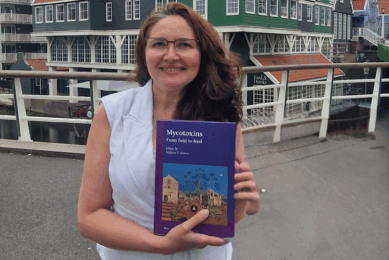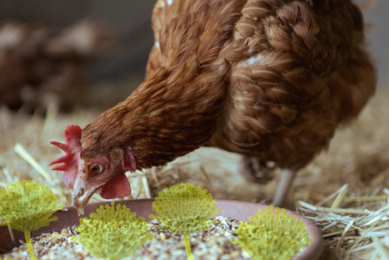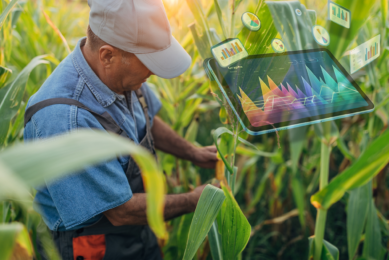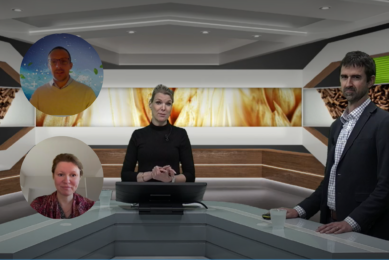WMFmeetsAsia: Animal feed widely contaminated in Asia
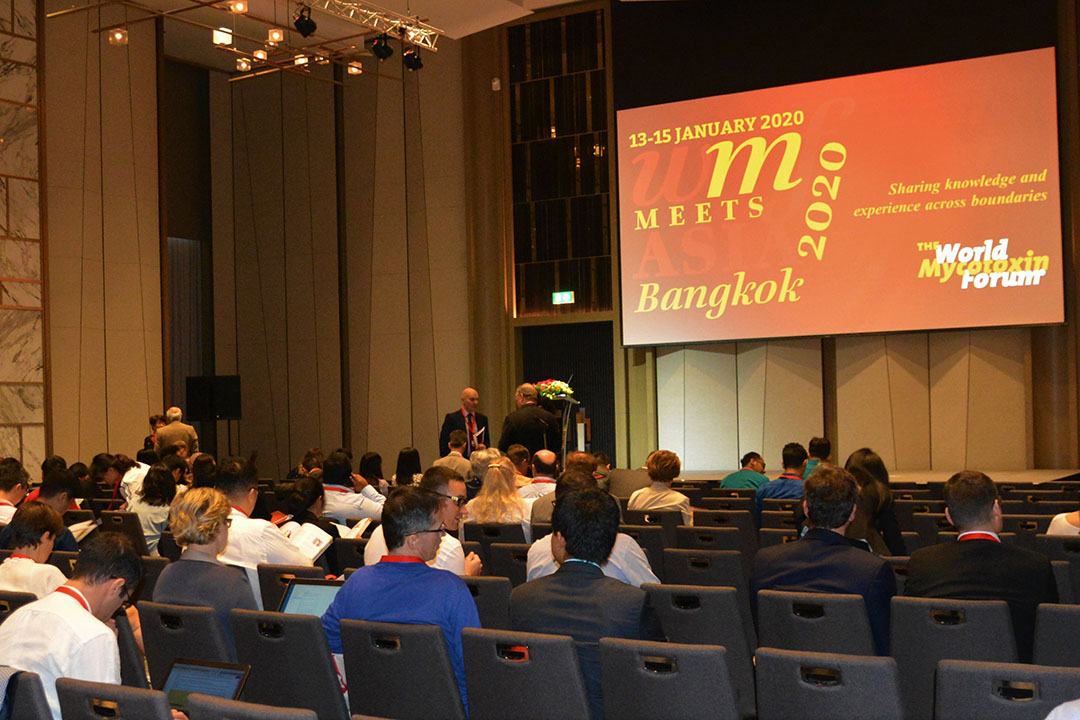
Today the World Mycotoxin Forum opens in Bangkok, Thailand. Participants from around the world joined the opening of the conference and several speakers shared their knowledge and experience on the mycotoxin situation in Asia.
Despite all efforts to prevent the occurrence of mycotoxins, Asia animal feed has been widely contaminated with mycotoxins in recent years, this is according to a a large-scale survey carried out by Biomin Research Centre.
“92% of the samples was contaminated with at least one mycotoxin and 88% of the samples was co-contaminated,” stated Dr Gerd Schatzmayr of Biomin Research Centre. The survey consisted of 24,455 samples from 17 Asian countries from 2008 to 2019. Prevalence and mixtures of co-contamination of mycotoxins varied between regions. In East Asia the mycotoxins DON, ZEN and FUM appear to be more prevalent, whereas in South Asia and Southeast Asia AFB1 plays an important role. Schatzmayr: “In South Asia and Southeast Asia 76.8% and 51% of the samples were positive for AFB1. More concerning is the fact that 40% of the South Asia samples and 20.6% of the Southeast Asia samples exceeded the EU maximum level for AFB1 in feed. AFB1 can be seen as a major risk for animal health in these regions.”
Impact on food safety and security
According to Prof Naresh Magan of Cranfield University, UK, climate change will have a high impact on Asia’s food safety and security. “It’s expected that Asia will face changing temperatures, elevated CO2 levels and weather events such as extreme rainfall and droughts. These factors will influence the mycotoxin contamination of staple crops such as rice and maize. Contamination of staple crops with mycotoxins will influence yield and nutritional quality. Since most of Asia is highly dependent on rice, food security will be threatened.”

Real-time testing
Instead of testing large numbers of end-products on mycotoxin contamination it would be more pro-active to test real-time at field level, according to Ronald Niemeijer, M.Sc., R-Biopharm AG, Germany. “The use of mobile devices will open new ways of mycotoxin testing, analysing and mostly sharing of data. Data can be available from everywhere in real-time, which will help to create more precise predictive models. An easy to use, mobile tool will be essential.”

Top 5 points to consider
Prof Rudolf Krska of BOKU University, Austria and Prof Chris Elliott, of Queen’s University, Nothern Irland, both chair the conference, opened the first session by looking back to WMFmeetsIUPAC in Belfast last year. The conference in Belfast was summerised by means of a top five points to consider (see textbox). The question will be whether these main topics correspond to the situation in Asia.
| Top 5 points – WMFmeetsIUPAC 1. Social media have become a important discussion forum in the mycotoxins and food safety arena 2. Complete exposure/affect assessment requires the consideration of the entire exposome 3. A system’s biology approach is indeed needed as a basis for effective resistance breeding, biocontrol, biopesticides ect. 4. Mycotoxins as anti-nutrients add to the issue of food waste but path the way e.g. for microbial energy conversion 5. Climate change is the greatest challenge to mannd and especially for the developing world. |
Tomorrow during the second conference day the occurrence, risks and analysis of mycotoxins will be discussed in 6 parallel sessions.
For the programme information, click here.





